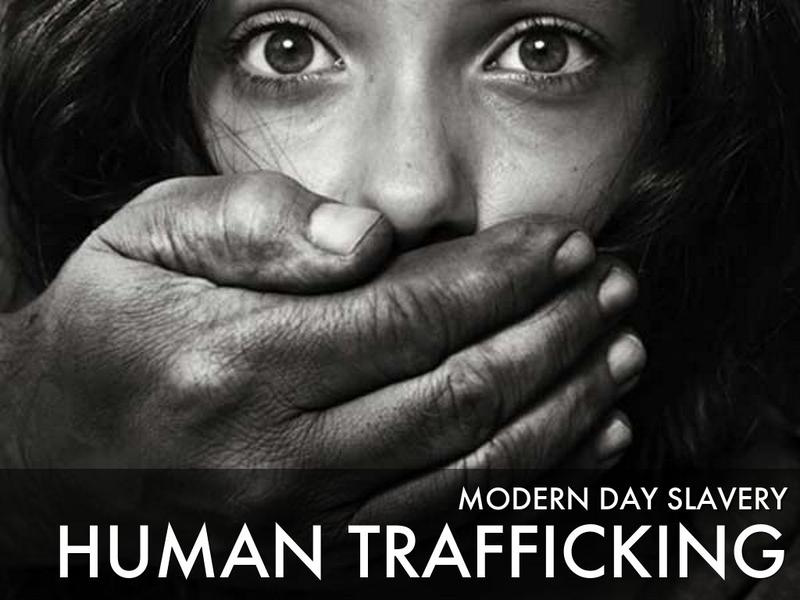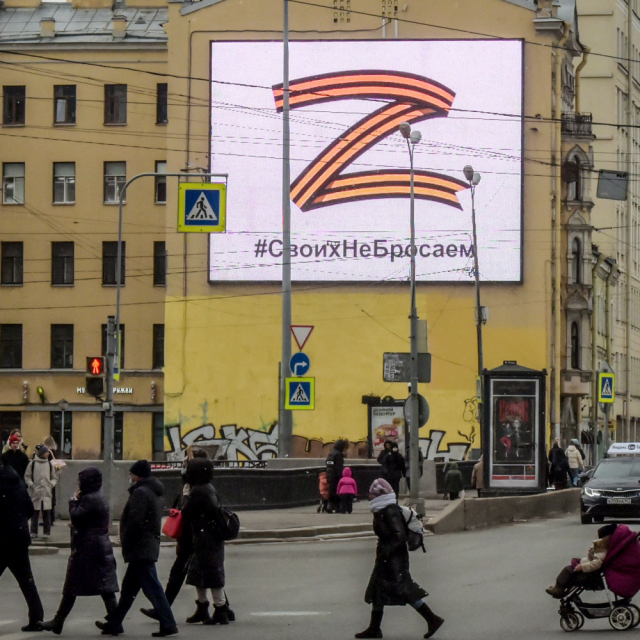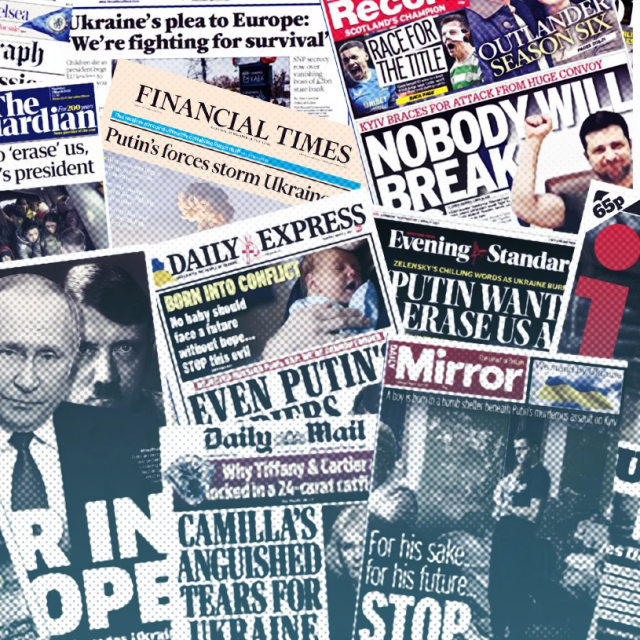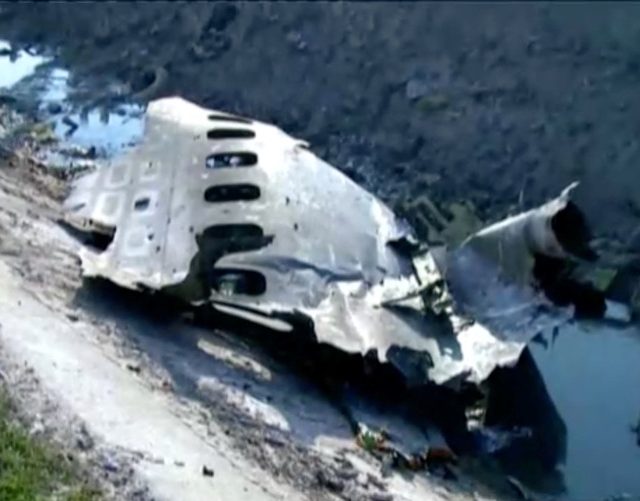On World Day Against Trafficking in Persons, communities across Belgium will come together to pay homage to the work of first responders to human trafficking. These are the people who work in different sectors – identifying, supporting, counselling and seeking justice for victims of trafficking, and challenging the impunity of the traffickers. With the ongoing COVID-19 crisis, the essential role of first responders has become even more critical. Nevertheless, their contribution is often overlooked and unrecognized. “Rebuilding the victims’ self-esteem is essential in order to bring them justice and punish the perpetrators,” states Koen Geens, Minister of Justice.
The Kingdom of Belgium has long been in the frontlines in the battle against trafficking in human beings. By leading global efforts through the UN Voluntary Trust Funds for Victims of Human Trafficking, Belgium supports the provision of much needed financial, humanitarian and legal assistance directly to victims in Countries of origin, transit and destination.
Through its participation in the Blue Heart Campaign against Human Trafficking, Belgium joins Countries around the world to send a clear message calling for strong solidarity with the victims of human trafficking, given its transnational implications for human security and international stability. “Trafficking in persons is a global threat that requires a global response” said the Belgian Minister of Foreign Affairs and of Defence, Mr. Philippe Goffin.
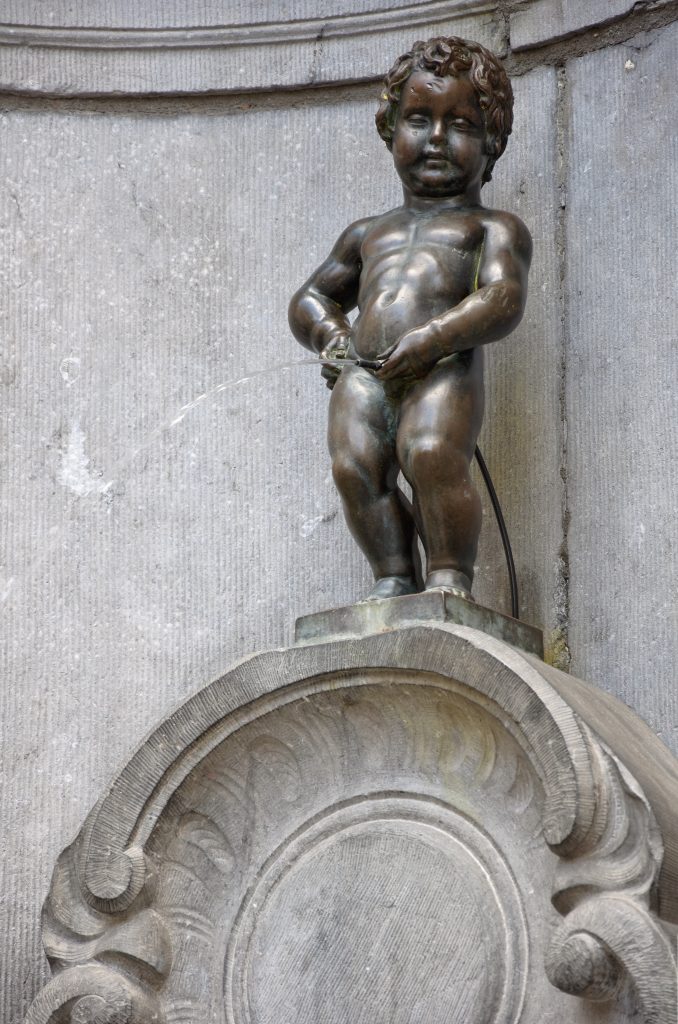
The Manneken-Pis committed to the cause to end Human Trafficking
On the occasion, the key figure of Brussels folklore, Manneken-Pis, will receive from the United Nations Office on Drugs and Crime (UNODC) its 1,047th costume inspired by the Blue Heart Campaign. The costume will be unveiled to the general public, at noon on 30 July, in the presence of the Order des Amis de Manneken-Pis, friends and partners united in the fight against human trafficking. This will include the Belgium Government represented by the Ministries of Justice and Foreign Affairs and Defence, the Federal Migration Centre Myria, the Federal Police, the specialized shelters for victims PAG-ASA and Payoke, the Samilia Foundation, the Red Panthers, the Smurfs, and many more.
“The boldness of Manneken-Pis is that of a free child in a free city that does not tolerate oppression. The new “Blue Heart” costume has its place in our little fellow’s wardrobe. We are particularly pleased to involve the City of Brussels, of which it is the symbol, in the fight against all forms of trafficking and exploitation of human beings.” says Philippe Close, Mayor of the City of Brussels.
UNODC Director, Division for Policy Analysis and Public Affairs, Mr Jean-Luc Lemahieu, states that “Manneken-Pis’ support to the global fight against human trafficking is iconic and sends a powerful message. Not only does it show the commitment of the City of Brussels to joint efforts against this heinous crime, but also highlights the fundamental need to protect children, being the most vulnerable victims around the world”.
Shadows: Victims have Names
During the day, the shadows of victims will be depicted on the floor at the Carrefour de l’Europe in Brussels. With this initiative, PAG-ASA (the Brussels-based specialised shelter for victims of trafficking) wants to symbolically reveal the presence of thousands of victims exploited in Belgium. A QR-code allows one to watch the stories of the victims behind the shadows. PAG-ASA employees and volunteers will alert passers-by to raise their awareness about the proximity and ordinariness of the crime. “Each year we support more than 200 victims in their recovery process, but today we are here especially for all the invisible victims who remain in the shadow. We hope to open people’s eyes to see the victims and call us for support.” Says Sarah De Hovre, Director of PAG-ASA.
Cities in ‘Blue’ to denounce the exploitation of the most vulnerable
At sunset, the Cities of Brussels, Bruges and Ghent will light their Town Halls and other iconic buildings in blue to encourage governments, civil society, the private sector and individuals alike to take action. The blue colour refers to the Blue Heart, the international symbol against human trafficking, representing the sadness of those who are trafficked while reminding us of the cold-heartedness of those who buy and sell fellow human beings.
Forming new partnerships to raise awareness
UNODC Brussels Liaison Office is also proud to announce its partnership with the Samilia Foundation to promote the Blue Heart Campaign and the Protocol to Prevent, Suppress and Punish Trafficking in Persons, especially Women and Children.
The Samilia Foundation, has been recognized as a Public Utility by a Royal Decree of 2007, carries out missions of expertise, public awareness and prevention of human trafficking among the most at-risk vulnerable populations.

